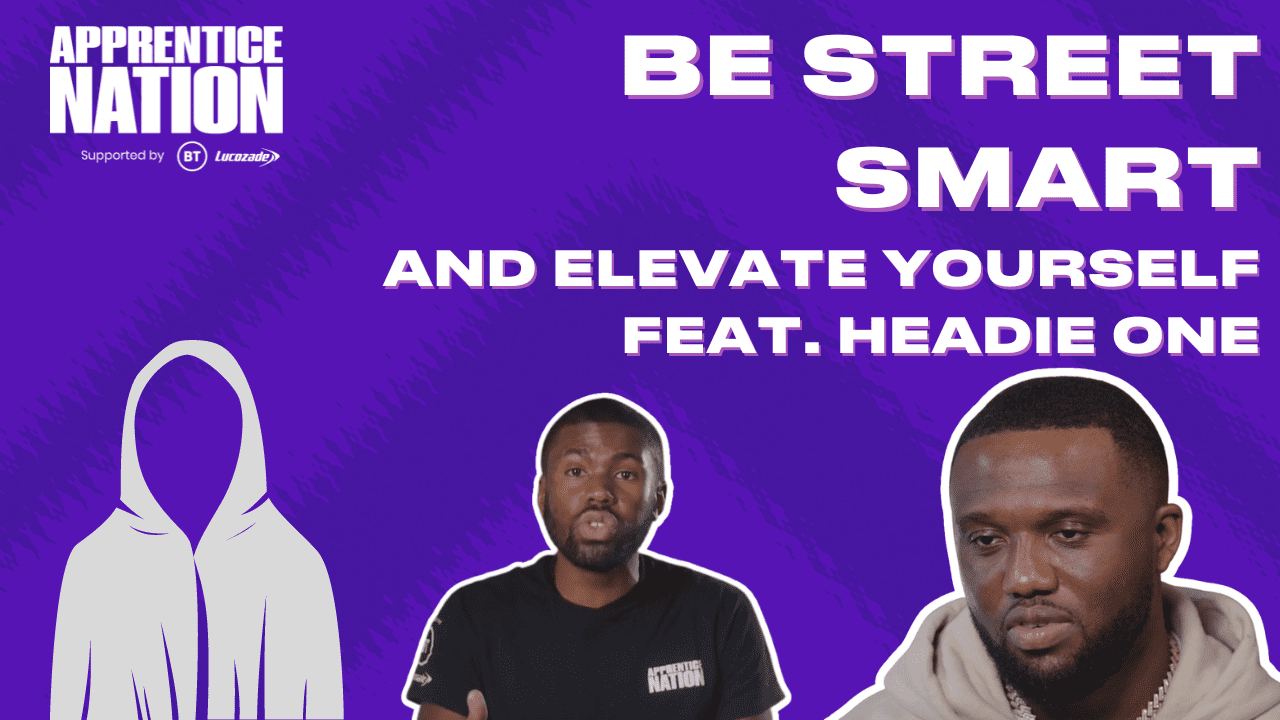So maybe you’ve not started career planning yet or maybe you’ve got a rough idea about what you want to do. Either way, Apprentice Nation is here to help you figure out how to get started and how to take things to the next level. First up, what exactly is a career plan?

What is a Career Plan?
Well, it’s a mapped out journey that people follow to help them reach their goals and objectives in the world of work. It usually details the steps towards helping you achieve certain milestones to support career success. For example, if you want to be a Finance Director in a multinational company, the steps might look like this:
– Study maths and business studies at college
– Do an apprenticeship or degree in accountancy
– Get a job within a financial institution
– Work up to senior managerial level
– Cross over to a different industry – perhaps as a Finance Director within a creative firm.
That may look straightforward on paper, but of course so much time and effort goes into turning that plan into a successful career. It’s also possible that your journey might not always go according to the plan! So whilst you’ll want to keep your goals in sight, be prepared to flex and adapt along the way as you learn new things and meet new people.

My Career Plan – Perseverance and Resilience
I knew I wanted to be a presenter from around the age of five. I’d watch the talent show X-Factor with my family and dream of having Dermot O’Leary’s job. I was inspired by other presenters too like Fearne Cotton and Reggie Yates and I noticed that they all had a specialism such as comedy, acting and music, so I moved to London when I was 16 to specialise in music, and alongside studying I was attending every industry event I could possibly get into – at Channel 4, BBC and ITV – to try and get my foot in the door, network and get my name out there.
During my second year of music school I applied for a BBC Production Apprenticeship. I had a few interviews and was accepted onto the programme at BBC Radio 1. Whilst I was there, I made lots of contacts, finally got my foot into the doors of a huge broadcasting corporation and had some work experience at CBBC.

After my apprenticeship, I worked as a content assistant producer at Radio 1, 1Xtra and Asian Network, then later left to work at a couple of organisations and charities where my work revolved around supporting young people. Through this work, I met a colleague who knew someone who was looking for a children’s presenter for a new TV channel called BBC Earth Kids. They knew how passionate I was about presenting, and loved the work I was doing with young people, so they set me up with their contact for a coffee date. I secured an audition, and after a few months officially became a BBC Earth Kids presenter, hosting a show called V.I.Pets.
The Plan Versus the Reality
What I haven’t done in this story is to highlight how many of my job applications were rejected (countless), how my confidence continually took a knock, how some roles were stressful and relentless and how I questioned many times whether presenting was actually for me.
The truth is, that my first BBC presenting gig effectively took me around 6 years to secure once I decided to move to London, which in itself, was pretty tough. . Firstly, I didn’t know anybody in the city, moved by myself, and my family really couldn’t afford it. I was lonely and struggled to adjust from having a network of people around me to suddenly having nobody, plus I was constantly worried about finances.

It’s definitely important to stay level-headed. It’s like life is a story and it hasn’t ended yet – you wanna keep the ball rolling and keep progressing to bigger and better things. Definitely man, it’s tunnel vision. Headie One, Apprentice Nation 2022
That’s the thing about success stories, we often skip to the success! In reality, it takes a lot of grinding, rejections, and ups and downs to get to where you want to be.
I met many people who didn’t believe in me and actively told me that I should stop pursuing my dreams. I would never have achieved my goals if I’d listened to them and stopped believing in myself. Even though it was hard, I learned to be my own champion and keep going even when it was incredibly difficult. Which brings me to my next point… imposter syndrome!
What is Imposter Syndrome?
This is when someone believes they are not as capable as others perceive them to be, essentially feeling like a fraud.
It often happens to people when they have achieved something they thought to be out of their depth. When someone feels this way, they are often ignoring all of their skills and successes that have led them to where they are at that moment.
Imposter syndrome is really common and we will probably all experience it at some stage of our lives, but don’t let it stop you from reaching your goals!
If you have been invited to an event, been given a new job opportunity or a new responsibility and are thinking ‘how on earth did this happen? I don’t know if I am capable of doing this’ just take a moment and consider this: You are completely deserving of these amazing opportunities and you are more than capable of making a great impression or doing a great job because your skills, strengths and ambition are what got you to this point.
Self-confidence is integral in helping to elevate you on your career path. Here’s a tip: when you are lacking confidence and motivation, write down all your achievements and strengths. When I felt like I wasn’t capable of doing certain things, I would write a list like this including times I was hosting an event or delivering presentations.
The process would remind me that back then I felt like I couldn’t achieve those things either, but I did and I was very successful. This tactic helped me to grow a positive mindset and build the confidence to tackle whatever apprehension I had around my next steps. If you struggle with imposter syndrome, I’d recommend giving The Imposters Club a listen, as they give amazing advice on how to overcome it.
Think BIG!
The last piece of advice I’d love to share with you is the power of thinking big.
Take moment to think about people you would consider successful. Personally I think of Barack Obama, Malala Yousafzai, Rihanna, Elon Musk. What do all these people have in common? They think BIG!
By thinking big, these leaders have been able to navigate the world positively, satisfied with serving the world passionately in their purpose and are often highly celebrated as leaders in their industries.
I don’t believe there is such a thing as thinking or dreaming too big. (That’s only a valid argument when you are thinking too small!) As long as you believe in yourself, plan and take the necessary steps to achieve the career you desire, nothing is out of reach!
Your Circle of Influence
These are the people in your life who may provide advice, be role models or encourage you to pursue a certain career path. Sometimes, they can help us but sometimes they can hold us back too. For example, you may have a relative who is keen you join their family business, learn the ropes and one day take over that business. This could be something you would love to do, hate to do, are unsure of or feel pressured to do. Whilst it’s important to listen to advice, and your circle of influence can bring some great opportunities, it can really help to ask yourself some objective questions:
-Does this embody your passions?
-Does it play to your strengths and skills?
-Does it feel right for you and take you closer towards your end goal?
Ultimately your career plan is YOUR career plan and includes decisions that only you can make and experience. Check out these videos to help you elevate your career plan!

